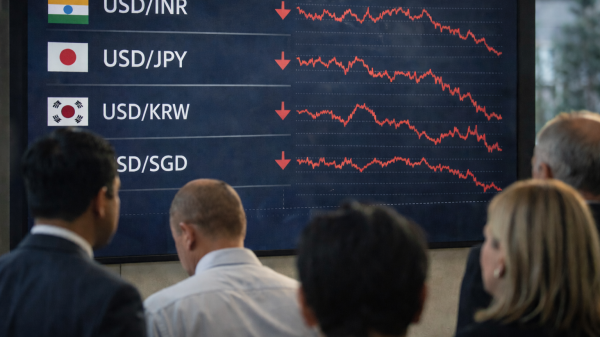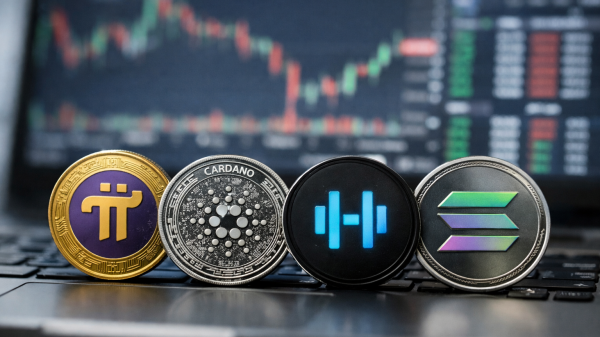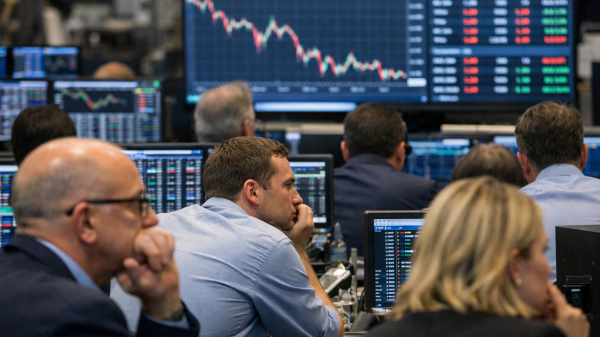Geopolitical tensions in the Middle East eased as Israel and Hamas reached an agreement on the initial phase of a plan to end the conflict in Gaza, leading to a decline in oil prices on Thursday.
Experts believe the peace agreement between Israel and Hamas will result in the reduction of 1-2% of the current oil price.
On Thursday, the strengthening of the dollar index against a basket of major currencies also weighed on sentiments.
A firmer greenback makes dollar-denominated commodities such as oil more expensive for overseas buyers, thereby limiting demand.
Peace plan
A long-anticipated agreement for a Gaza ceasefire and hostage release has been reached between Israel and Hamas, as announced by US President Donald Trump.
This deal is part of a broader plan to conclude the two-year conflict in the Palestinian enclave.
The Israeli government is set to convene on Thursday to formally approve the ceasefire agreement, according to Prime Minister Benjamin Netanyahu.
The protracted conflict had significantly escalated geopolitical tensions in the region, culminating in a direct and unprecedented exchange of missile strikes between Iran and Israel in April 2024.
This marked a historic moment, as it was the first overt military confrontation between the two nations.
The heightened risk premium on oil prices reflected the deep instability and potential for further escalation in an already volatile Middle East, with global implications for security and economics.
The Middle East sits on more than half of the world’s oil reserves. Though Israel is not a major oil producer, volatility in the region threatened supplies from other Middle Eastern countries.
Impact of the peace agreement on prices
The Middle East peace agreement marks a significant turning point with potential far-reaching impacts on global oil markets, according to Rystad Energy’s Chief Economist Claudio Galimberti.
A key implication is the possible reduction of Houthi attacks in the Red Sea, which have previously disrupted shipping and supply chains, he said in an emailed commentary.
Furthermore, the agreement could increase the chances of a nuclear deal with Iran, potentially leading to Iran boosting its crude oil and product exports. These developments could significantly alter the supply-demand dynamics and pricing in the international oil market.
“Yet, the devil is always in the details, and I would avoid speculating right now due to the many false starts that we have witnessed in the past,” Galimberti added.
As of today, the immediate impact on the oil markets will be a slight decrease in the geopolitical risk premium – about 1-2% of the current Brent price – as the markets figure out the details of the peace plan.
Should the peace plan be seen as credible, its long-term effects on prices could be significant and fundamental.
“Yet, as long as the war in Ukraine continues, the geopolitical risk premium is destined to remain elevated, as Russia’s oil production at risk remains high, and Russia is the world’s second-largest oil exporter,” Galimberti noted.
OPEC+ plans
Meanwhile, on Sunday, the Organization of the Petroleum Exporting Countries and its allies agreed to increase output in November. This hike was less than anticipated by the market, which somewhat helped to alleviate concerns about oversupply.
Michael McCarthy, CEO for Moomoo Australia and New Zealand, an investor platform, stated that the Gaza ceasefire is improbable to alter the Middle East’s oil supply since OPEC+ has not achieved its elevated production goals.
The appreciation of the US dollar against the Japanese yen and euro is broadly impacting commodity prices, according to McCarthy.
On Wednesday, oil prices rose by approximately 1%, reaching a one-week high.
This increase was attributed to investors’ perception that stalled progress on a Ukraine peace deal would lead to continued sanctions against Russia.
Global oil demand showed a softer start in October, according to JP Morgan analysts.
This moderation in activity is indicated by various consumption metrics, including container arrivals at the Port of Los Angeles, truck toll mileage in Germany, and container throughput in China.
In the first week of October, global oil demand reached an average of 105.9 million barrels per day (bpd), Reuters quoted JP Morgan analysts in a report.
This represents an increase of 300,000 bpd compared to the same period last year, although it was 90,000 bpd below JP Morgan’s projections showed.
The post Analysis: Israel-Hamas peace pact may trim geopolitical risk in oil prices appeared first on Invezz




































